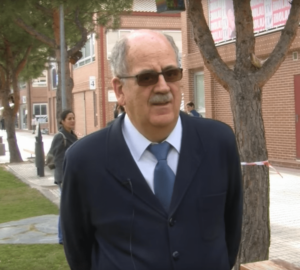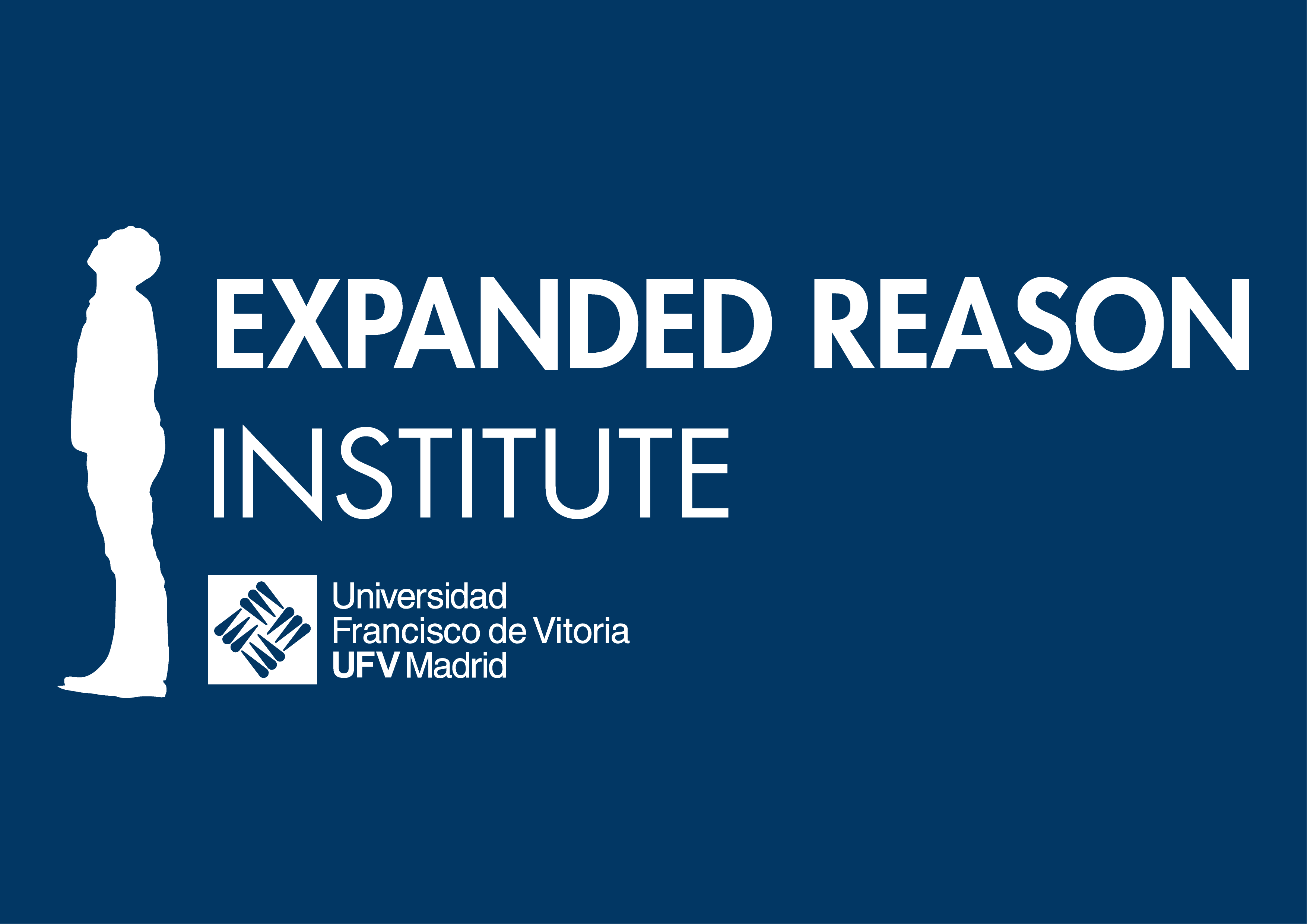Biography
RESEARCH
Juan Arana
University professor since 1975. Doctor of Philosophy since 1978. Member of the Royal Academy of Moral and Political Sciences of Madrid. Professor of Philosophy at the University of Seville since 1986. Teaching imparted at:: Universities of Buenos Aires, Bogotá, Mexico City, Santiago de Chile, Lima, Montevideo, Río Piedras and Mayagüez (Puerto Rico), Málaga, Granada, Pamplona, Salamanca and Madrid. Humboldt Fellow. Visiting Professor at: Münster Universität, Technische Universität Berlin, Mainz Universität, Paris IV-Sorbonne, CSIC, Madrid. Five recognized six-year research periods. Author of 18 monographs, 6 editions, around 220 book chapters and articles in scientific journals. Editor responsible for 12 collective volumes. Founder-director of three scientific journals and two editorial collections. Member of the editorial board, editorial board or editorial board of 12 scientific journals. Member of the boards of directors of 4 scientific associations. Member of the ethics committee of the CSIC, as well as of the bioethics subcommittee of the same body.
About The Unexplained Conscience
The spectacular development of neurosciences and artificial intelligence in recent decades has encouraged the hope of explaining all aspects and dimensions of mental life with the methods and concepts of the natural sciences. However, the phenomenon of consciousness is so far an unmanageable challenge. This book examines all aspects of the problem and concludes that the most characteristic features of consciousness go beyond the intrinsic limits of the naturalistic explanation and probably those of any other kind of explanation.
“In the course of writing this book, I have allowed myself to be quite frank, because I believe that many good works are being published that maintain a conciliatory tone and objectively expose the problems of the human mind, but there are few that are openly confrontational with those that follow a materialistic inspiration (which constitute a large majority among those found in bookshops under the rubric of ‘scientific diffusion’). I find myself in a professional situation that allows me to call a spade a spade, which in the case of the youngest would be imprudent, as their promotion could be undermined. I have therefore taken the risk of saying what I think quite bluntly, making it clear that I am speaking at my own risk, and that I do not intend to be a spokesperson or representative of anyone or anything. In the polemic I have tried to be respectful of people and theories, although as there are different sensibilities, I do not exclude that some readers may find that I sometimes defend my points of view with excessive vehemence. The only apology I can give is that I have tried to be as ironic with myself as I am with my adversaries.
On many points I have touched on issues of theological relevance, such as the soul-body relationship and human singularity. Being aware that I was on slippery ground there, I asked for advice when I finished the manuscript from some specialists I trusted. One of them told me that in his opinion it should have been something more explicit, because in my book there are hardly any references to God or transcendence. I replied that if the reading produced the feeling of a thunderous silence about God, then I had achieved my goal. I wanted to write an apologetic text without making any mention that could pass for a theological argument. In three or four places I have warned of the imminence of this problem, but declined to enter it. The idea is to put the reader in the trigger to draw his own conclusions. Consciousness cannot support its feet in nature, but neither can it support itself. Ergo, either we take the step towards Consciousness with capital letters or we stay in the air. Is it necessary to be more explicit? If the book tastes little, that’s precisely its purpose: to serve as an appetizer.

What is “The Unexplained Consciousness” about?
Responds its author, Mr. Juan Arana.


